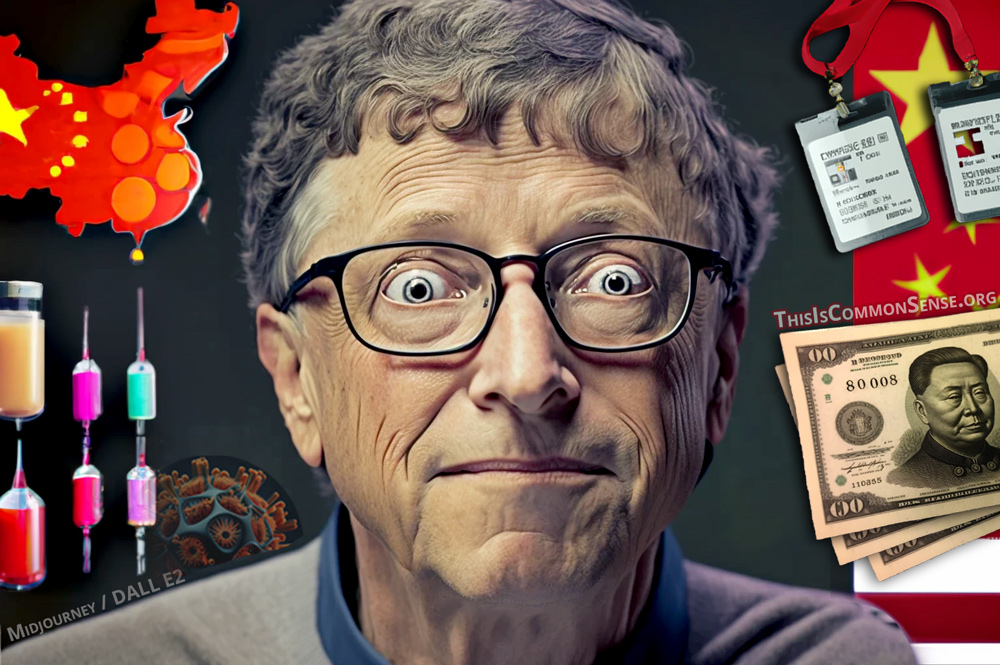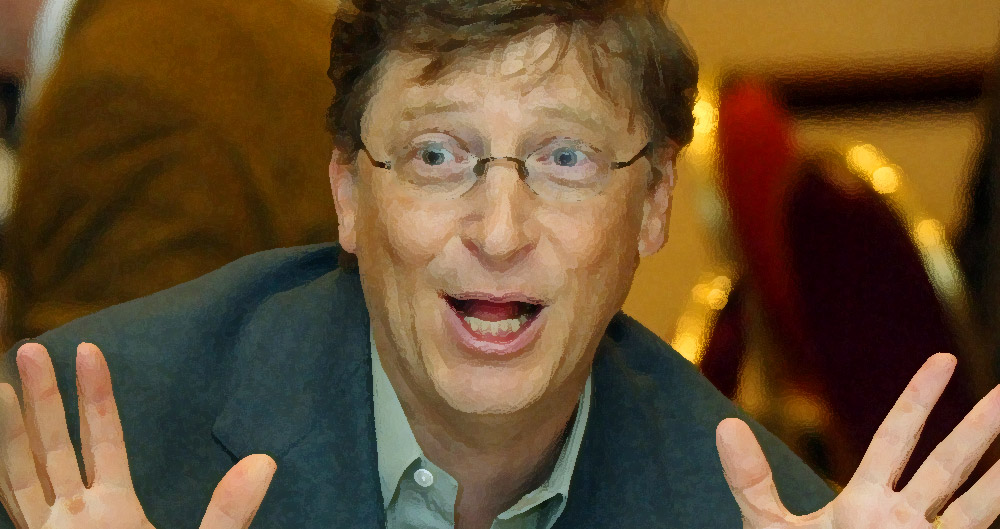The latest plan from one of the world’s most annoying billionaires is to cut down trees and bury them.
It’s part of the “thinning” controversy.
The subject? Forest management.
In the old days, human beings cleared forests or kept forests and harvested from them (for firewood, fungi, and fauna) on an ongoing basis. And, periodically, nature would swing around and forests would burn — a story as old as the hills, forest fires being part of the natural cycle.
But when humans use forests for all sorts of things, but most especially harvesting building material (lumber), we have to take some control of the natural cycles. Forest thinning — cutting and removing some trees and leaving the rest — is a key silvicultural practice.
Some environmentalists have objected to this practice on the grounds that Nature Is Good and Sacred, with silviculturalists generally arguing that without thinning, forests become tinder-boxes, ripe for runaway fires in which forests are destroyed, value is lost, and people die.
A recent article in The Epoch Times covers some of this. I am not qualified to adjudicate the ecological disagreements. But Bill Gates pushing the thinning of forests not as a means of harvesting lumber or as a means of reducing forest fires, but as a way of sequestering carbon, seems loopy: “Through his foundation Breakthrough Energy Ventures, Mr. Gates is a part of the $6.6 million seed investor pool backing Kodama Systems in its proposal to remove trees in California’s fire-challenged woodlands and bury them in Nevada to sequester carbon dioxide (CO2).”
I would prefer sequestering that carbon in housing, which we need more of, not less.
But Gates has his eyes on atmospheric CO2 levels, not helping the poor in America.
This is Common Sense. I’m Paul Jacob.
Illustration created with Firefly and PicFinder
—
See all recent commentary
(simplified and organized)






